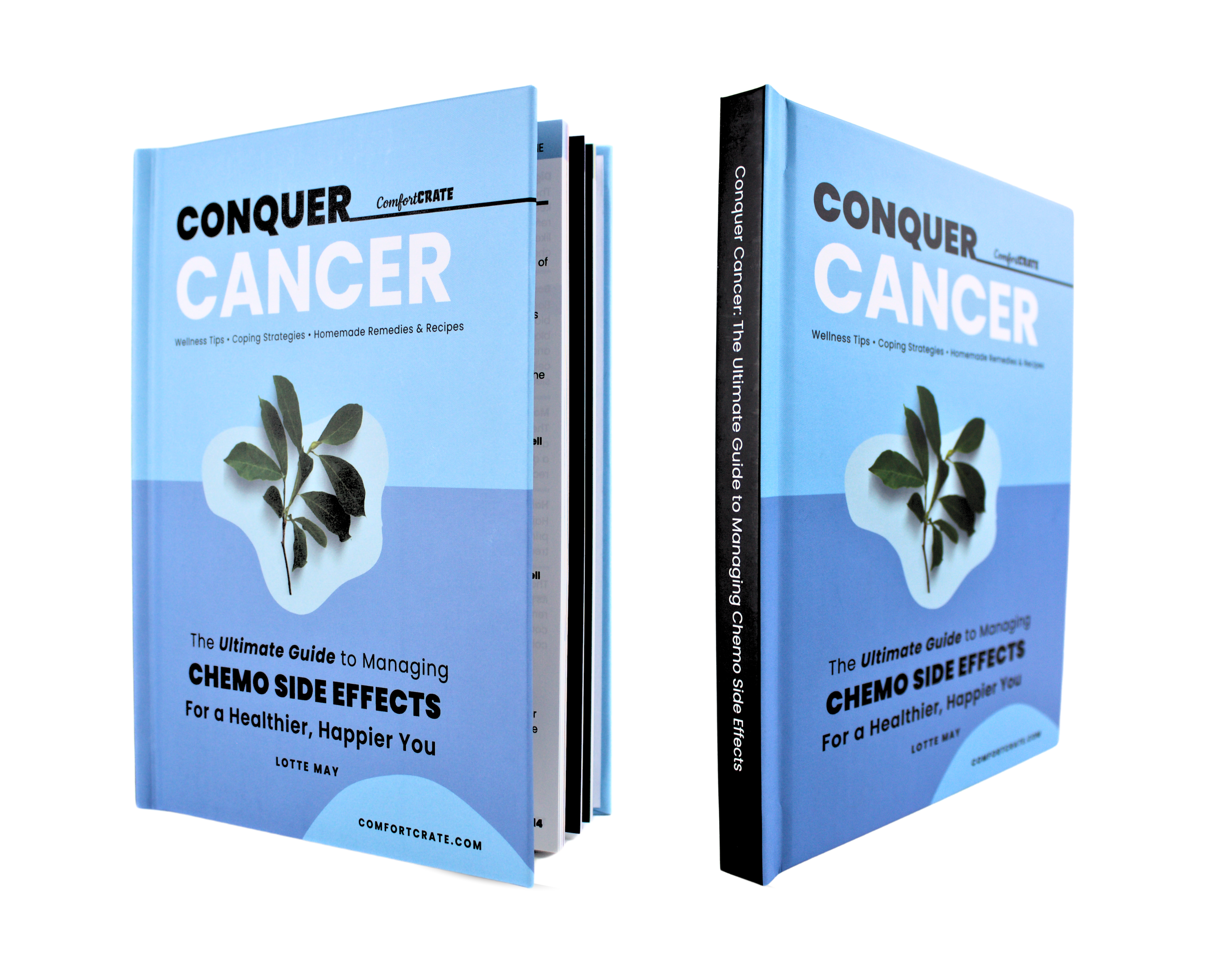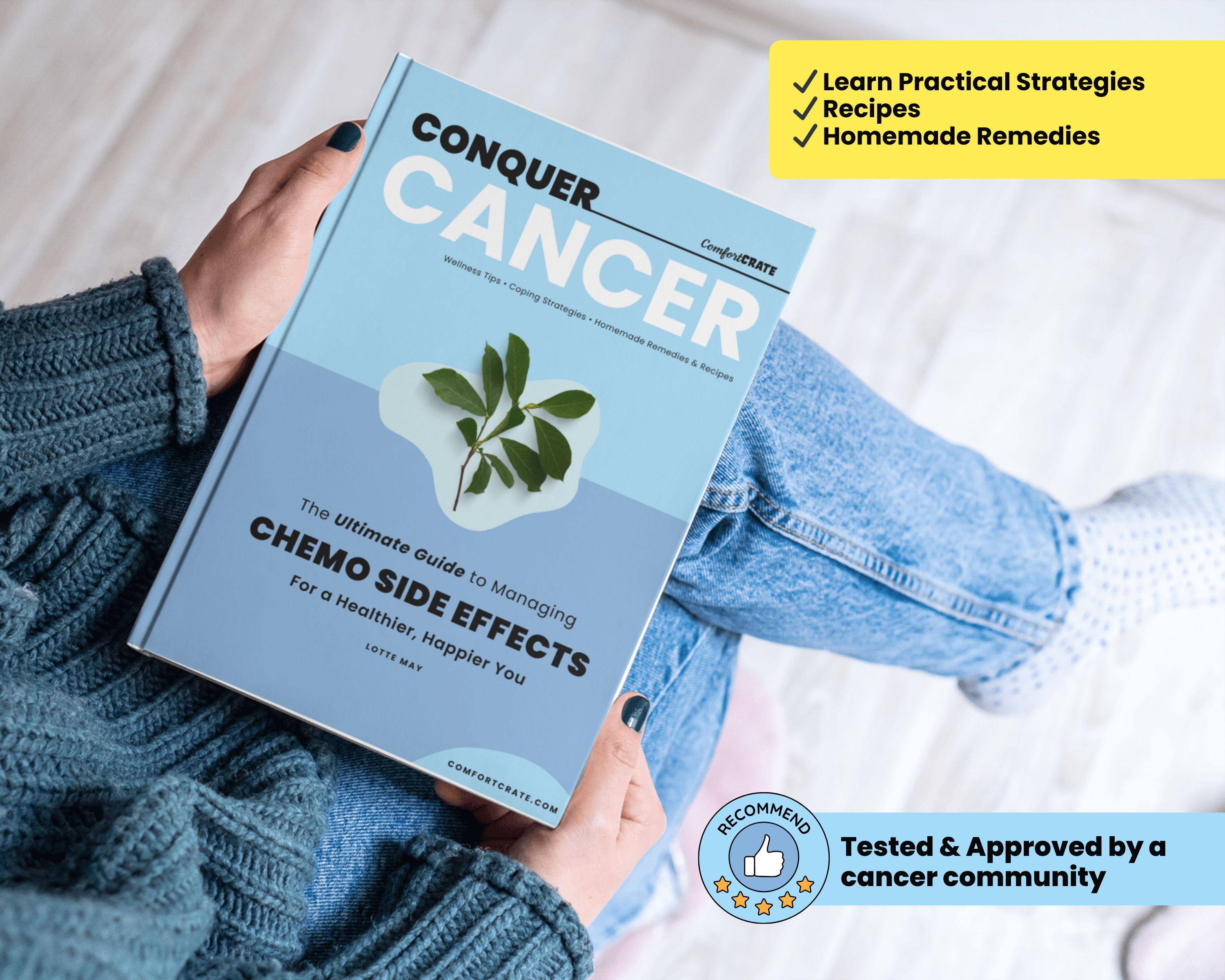
Soothing a Sore Scalp: Chemo Hair Loss Guide
Table of Contents
- Scalp Sensitivity
- Caring for a Sore Scalp
- Soothing Your Scalp Post-Treatment
- Protecting Your Scalp After Chemotherapy
Scalp Sensitivity
Cancer treatments, particularly chemotherapy, can impact your scalp in various ways. It's common to experience heat, itchiness, tenderness, or tingling before and during hair loss. Additionally, some individuals may notice discomfort or pain as their hair falls out or when pimples develop on the scalp.
Research indicates that scalp discomfort affects a significant number of individuals undergoing chemotherapy. In a study involving breast cancer patients, over 40% reported a sore scalp. If you experience any discomfort or notice sores on your scalp, inform your healthcare team immediately. Your doctor can prescribe suitable creams or medications and advise on managing scalp-related issues.
CHEMO SKINCARE FOR LESS - Tried and trusted by cancer patients—this 3-step skincare set soothes sore scalps, hydrates dry skin, and supports healing during and after treatment.

Caring for a Sore Scalp
-
Use Warm Water: Opt for warm showers instead of hot ones to avoid irritating your sensitive scalp.
-
Choose Gentle Products: Prioritise natural, minimally processed products with fewer ingredients, especially when selecting shampoo, conditioner, lotion, body wash, and laundry detergent. Look for fragrance-free and preservative-free options.
-
Massage Your Scalp: Add scalp massages to your routine to promote circulation and alleviate tension. Use gentle circular motions with your fingertips to maintain scalp health.
-
Clean Head Coverings: Regularly wash headwear and wigs to prevent the buildup of oils, dead skin cells, and sweat, which can irritate the scalp.
-
Consider Your Sleeping Environment: Opt for pillowcases made from natural fibres like cotton or linen to minimise irritation, especially if you have sensitive skin.
- Monitor for Red Spots: Keep an eye out for intensely itchy red spots, which could indicate folliculitis, an inflammation of hair follicles. Consult your medical team if you notice any concerning symptoms.
Soothing Your Scalp Post-Treatment
Whether you're in the middle of cancer treatment or recovering from it, your scalp can often feel sore, dry, or overly sensitive. A calming scalp care routine can make a huge difference in how you feel, not just physically, but emotionally too.
Start with a hot, steamy flannel (face cloth) applied gently to the scalp. The warmth helps relax the skin, ease discomfort, and soften any dry patches. Follow this with a gentle, fragrance-free facial wash, ideally one made for sensitive skin, to cleanse without irritating.
CLICK HERE to explore a face wash alternative made for sensitive, chemo-treated skin.
Finish with a light moisturiser to soothe and hydrate. Look for products that are free from harsh chemicals and artificial fragrances, the simpler, the better! Making this ritual part of your skincare routine, even just a few weeks a week, can help reduce tightness, calm inflammation, and bring a little moment of care into your day when you need it most.
Protecting Your Scalp After Chemotherapy
After chemo, your scalp is extra delicate. It's not just about sensitivity, your skin may also be thinner, drier, or more prone to sun damage. That's why protection is just as important as soothing.
In cold weather, keeping your head covered helps prevent heat loss and protects your skin from becoming dry and cracked. Choose soft, breathable fabrics like cotton, bamboo, or fleece - anything that feels gentle against your skin.
In warm or sunny conditions, your scalp is more likely to burn, even on overcast days. A face and scalp safe sunscreen is essential- go for formulas designed for sensitive skin.
CLICK HERE to get E45’s sensitive face sunscreen, ideal for post-chemo skin.
You can also wear lightweight hats or scarves with built in SPF protection for an added layer of safety. Try to stay in the shade when possible, especially during peak sun hours. These small protective habits can go a long way in helping your scalp heal and stay healthy as your body recovers.
By following these tips in this blog, you can effectively manage scalp tenderness and hair loss during cancer treatment, boosting your comfort and well-being.
CLICK HERE for more insights, support and additional resources.











5 comments
Thank for the help full information I will let my cancer nurse know tomorrow thanks again
Michelle Frost
I had chemo 5yrs ago, that’s when my scalp, got bad,and now 5 yrs later I still have it, my dr doesn’t seem that it’s very important so I have not had any treatment.
Thank you for your information,at least I have some clarity thanks again
Sharon
Good suggestions. Very common sense approach. Thank you.
Beni
Thank you for the info and tips
Christine
Thank you for the great information concerning hair and scalp care during chemo treatments 🥰🥰🥰
I needed this !! Thank you again
ROONEY Johnson
Leave a comment
This site is protected by hCaptcha and the hCaptcha Privacy Policy and Terms of Service apply.